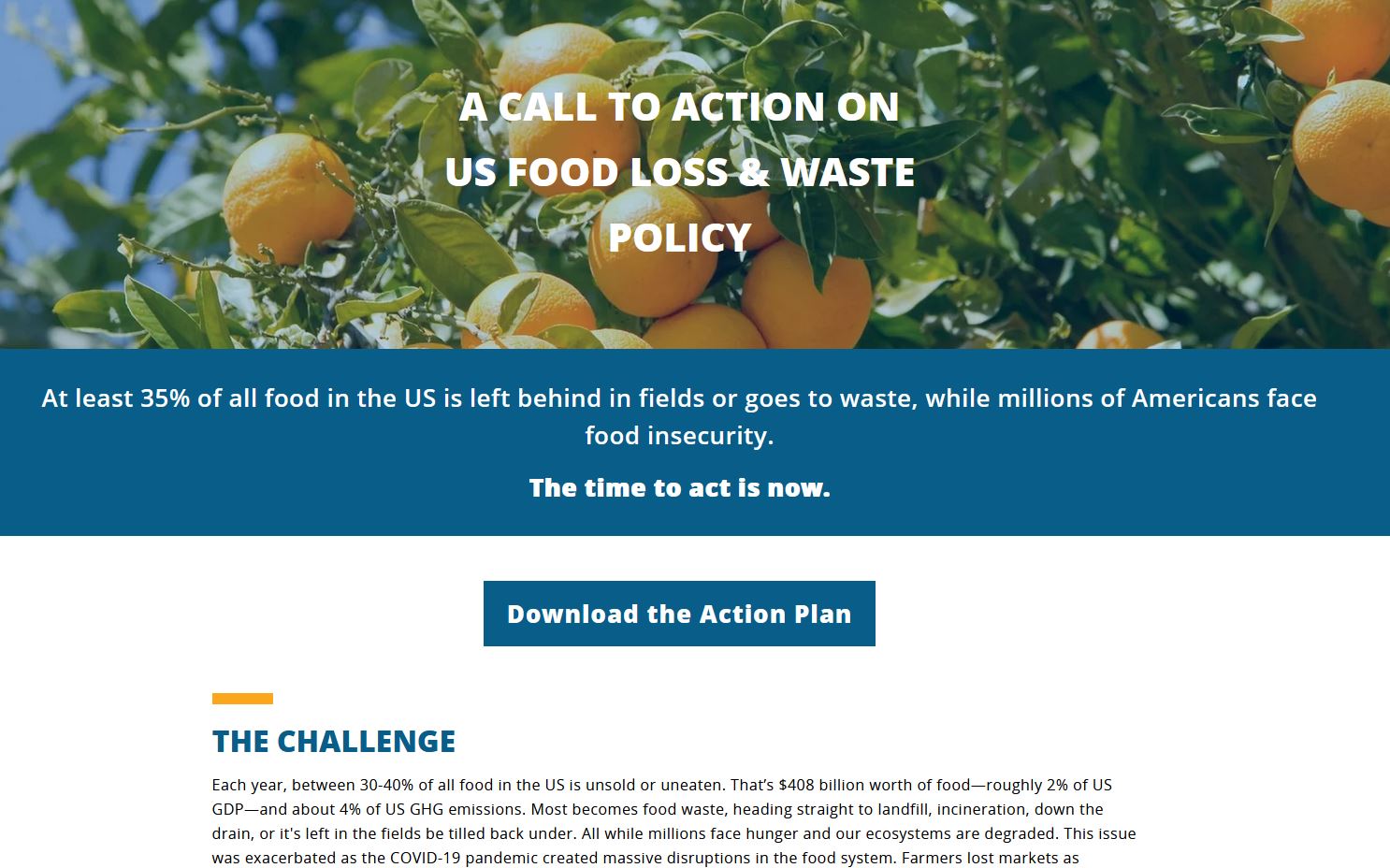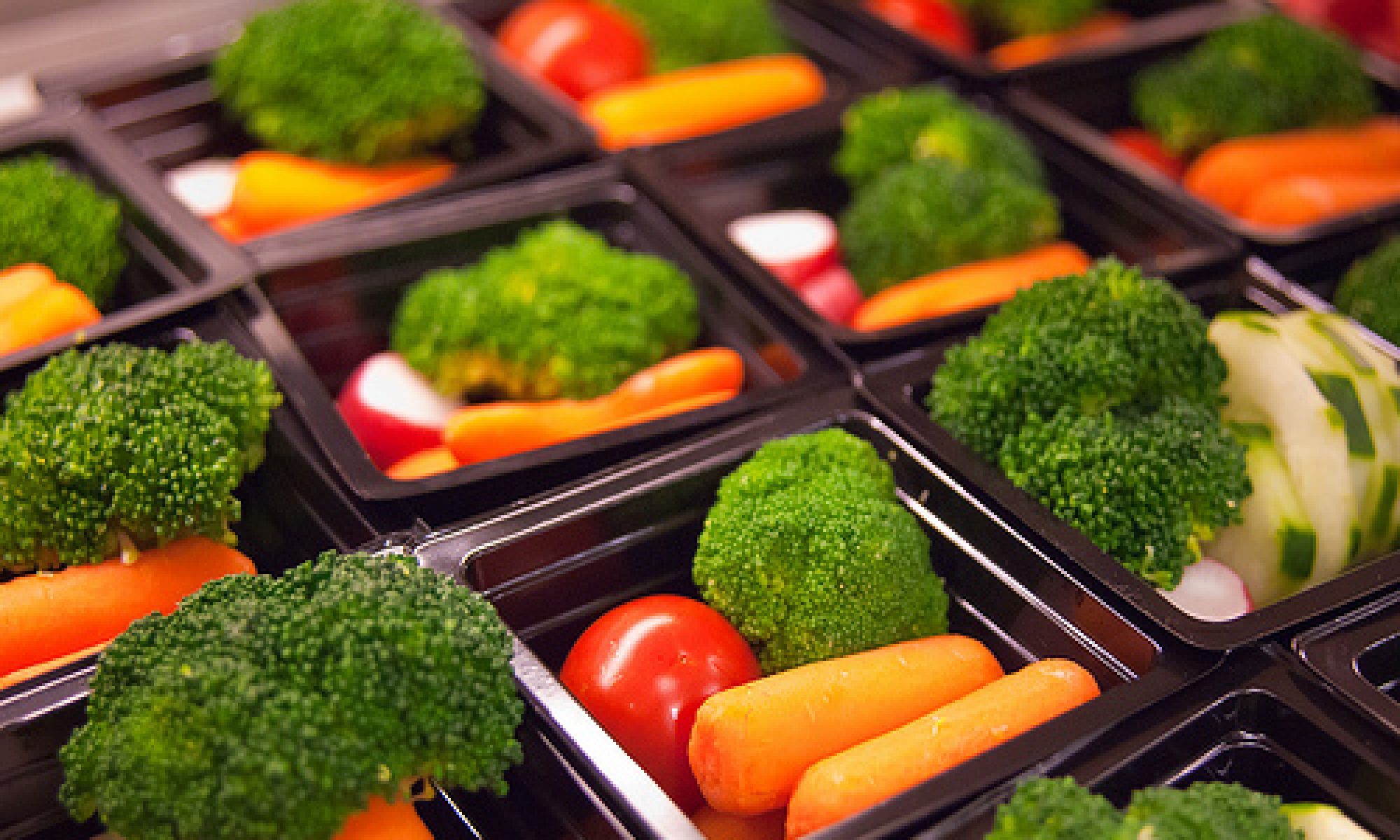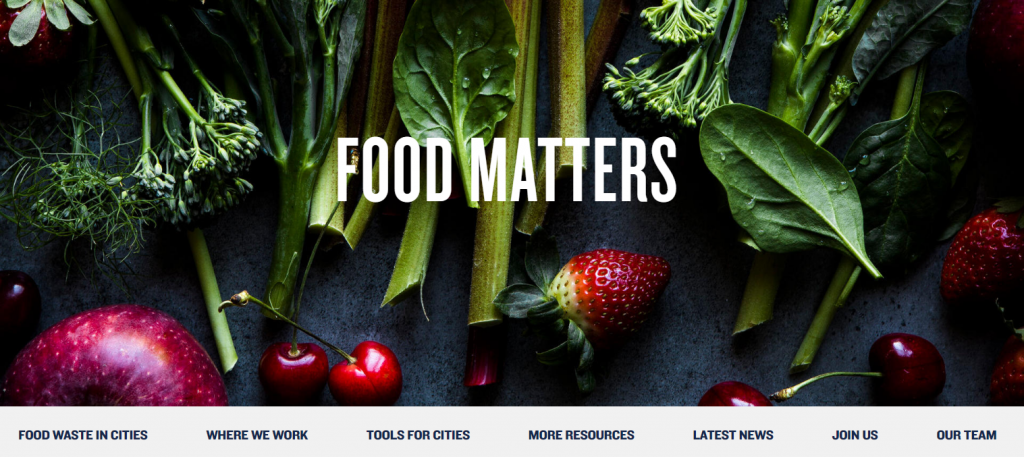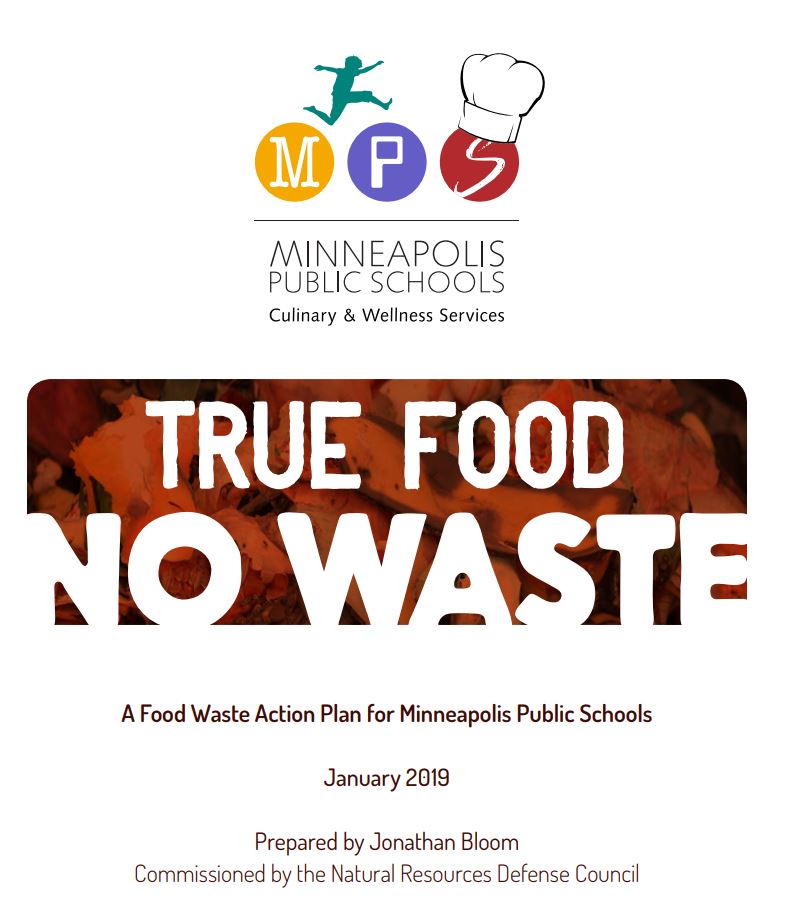
As reported in the April 8, 2021 issue of Waste Dive,
“An action plan to curb food loss and waste in the U.S. — pitched to Congress and the Biden administration this week by four organizations and supported by a host of cities, businesses and nonprofits — recommends funding infrastructure that keeps organic waste out of disposal sites by providing state- and city-level investments for measuring, rescuing and recycling it.
Led by the Harvard Law School Food Law and Policy Clinic (FLPC), Natural Resources Defense Council (NRDC), ReFED and World Wildlife Fund, the plan also stipulates that federal facilities take steps to prevent organic waste and purchase finished compost products. The organizers urge lawmakers to spur growth of compost markets among private sector buyers as well.
The plan calls for allocating $650 million annually through at least 2030 to states and cities for organic waste recycling infrastructure and other food waste reduction strategies. It also calls for $50 million for those cities and states to pursue public-private partnerships; $50 million in grants for research and innovation in the space; $3 million annually through 2030 for consumer food waste reduction research and behavior change campaigns; and $2 million to add personnel to the Federal Interagency Food Loss and Waste Collaboration…
Signatories to the policy outline include the Institute for Local Self-Reliance, the US Composting Council and Vanguard Renewables.
Currently, city offices in Atlanta, Baltimore, Philadelphia, and Madison, Wisconsin, have also formally supported the plan.
While the plan points to job creation, climate and food donation benefits that have resulted from more comprehensive organics laws in California, Massachusetts and Vermont, it also lays out a number of other individual steps local governments can take. They include mandating food scrap recycling, enacting pay-as-you-throw policies and increasing disposal tip fees by adding taxes per unit of trash.”
Read the full story at https://www.wastedive.com/news/food-waste-action-plan-biden-congress-nrdc-refed/598032/.
See also the NRDC’s announcement of the plan and download the action plan itself at https://foodwasteactionplan.org/.


